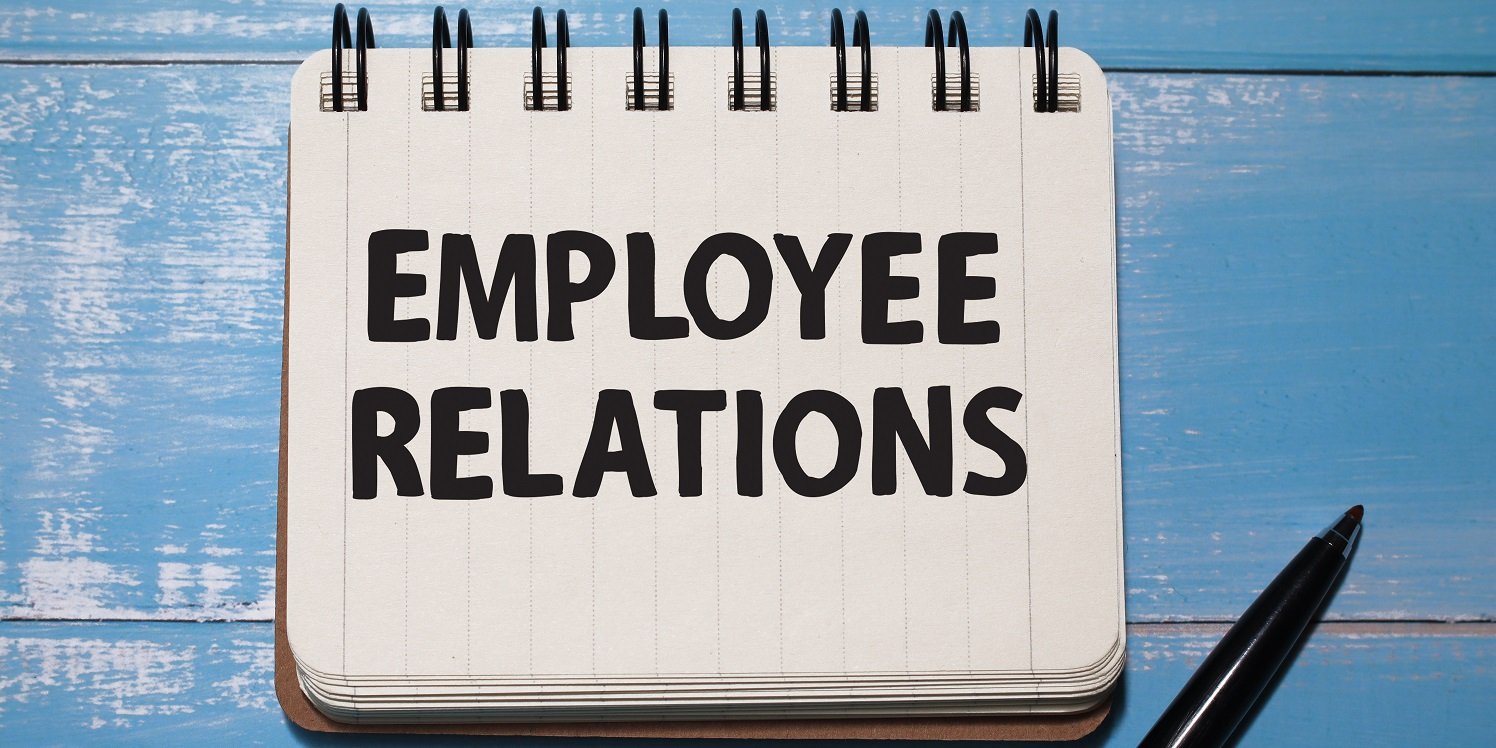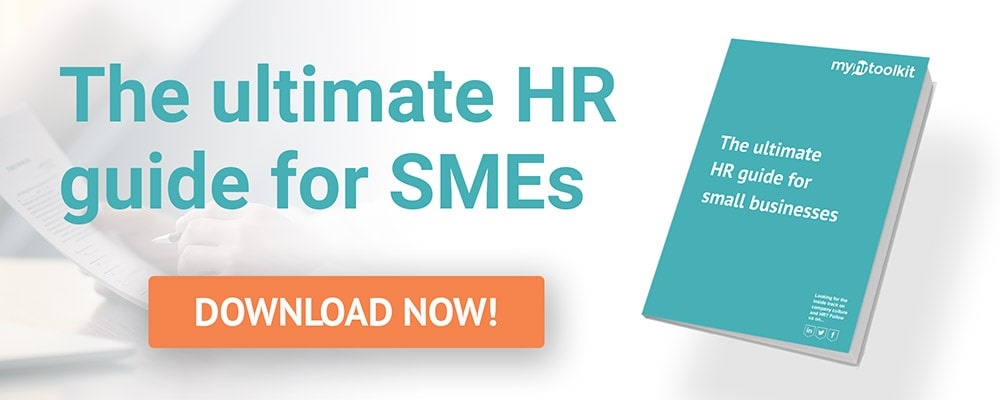What is employee relations and how can it impact positively or negatively on a business? HR consultant Lyndsey McLaughlin explains what employee relations are and how managers can engage with their employees for happier and more productive workplaces.
Employee relations is a term used to describe the relationship between the employer and employee. When the relationship is healthy and positive, it is beneficial to the business as a whole. Employees are happier, more productive, and less likely to leave.
With a positive culture in the workplace, the business can be more successful overall and retain its top talent. Positive internal employee relations are therefore vital for a growing SME.
What is employee relations? Individual vs collective
There is a strong emphasis on managing both individual and collective employee relations in the workplace. For example, individual employee relations may relate to an employee having concerns over the way a colleague has spoken to them. In which case, a good manager would address the concerns, and manage the conflict effectively. On a collective basis, employees may raise concerns about such issues as their pay being less than competitors, incorrect pay, or safety in the workplace.
How to manage employee relations

To be an effective manager and ensure employee relations are positive, managers must be adequately trained in how to deal with their employees, both on a collective and individual basis. Employee relations training for managers is vital in the workplace.
These are some ways that managers can ensure they build and maintain a positive culture within their business:
Speak to your team
Employees are not just there to do their work and leave; they are individuals and should be treated as such. The problem with many managers is that they don’t take time to get to know their employees. This doesn’t mean you need to delve too far into their personal life. Simply asking them how their weekend was or how their family is can go a long way to helping to develop a positive relationship with your employees.
You might find you have things in common that can help with building rapport with individuals in your team. For instance, they might support the same football team, they may have children the same age, or they might frequent the same pubs. Building rapport is important for healthy relationships in the workplace.
Open communication
One of the characteristics of employee relations is open communication. Your employees should feel that they can come to you with any issues they have and that you will deal with them in a prompt and sensitive manner. For example, if an employee raised concerns about an insensitive joke another colleague made, the worst thing you could do is brush it off.
You must take every issue seriously and deal with it so that it doesn’t happen again. Employees should not be made to feel uncomfortable in the workplace and even if it’s something that might not offend most people, one person’s feelings should be taken just as seriously as a group.
Honesty
To manage collective employee relations effectively, you must ensure that you are open and honest. This is where businesses often fall short. For example, if the business is seriously struggling financially, tell your employees. Don’t wait until you need to make redundancies. Honesty is always the best policy and even though it could cause unrest, your employees will always appreciate that you have been upfront with them. It is particularly important for SMEs, where it’s more apparent if there are issues.
Ask for feedback
Employees, both on a collective and individual basis, like to feel that they are part of a team and the company. You can improve employee relations by asking them for feedback on how the company is running and any general improvements they think could be made. This is beneficial for improving employee relations and can also be useful for improving the business.
Policies and procedures for employee relations

Even for an SME, it is vital to have employee relations policies and procedures in place to manage employee relations effectively. These include:
1. Grievance
If an employee has serious issues in the workplace, they can raise a grievance. You should have a process in place so they know how to raise the grievance, and how you will deal with it. This should be documented in your policies and procedures.
2. Absenteeism
An absenteeism policy should be in place, detailing how the employee should inform you of an absence and repercussions for poor attendance.
3. Discipline
There may be a point, even within an SME, where you need to discipline an employee. Your policy should detail the disciplinary process, including all the steps which will be taken and the possible outcomes.
4. Dismissal
You should also have a dismissal procedure within your policies, detailing what will happen to the employee in the event of a dismissal, including notice period etc.
5. Redundancy
Employees should know what will happen to them in the event of a redundancy. The redundancy process must be outlined in your policies and procedures.
SMEs often don’t think about the consequences of failing to manage employees effectively and having policies and procedures in place. However, even for small businesses employee issues can occur and these issues can often become more common when the business grows. it is vital that you deal with them in a positive way to ensure a happy workplace.
Read more from the myhrtoolkit blog

Written by Lyndsey McLaughlin
Lyndsey McLaughlin is a CIPD qualified HR consultant and recruitment professional who specialises in HR advice and writing about a range of business and staff management topics for employers and managers.


 Holiday Planner
Holiday Planner Absence Management
Absence Management Performance Management
Performance Management Staff Management
Staff Management Document Management
Document Management Reporting
Reporting Health and Safety Management
Health and Safety Management Task Management
Task Management Security Centre
Security Centre Self Service
Self Service Mobile
Mobile




